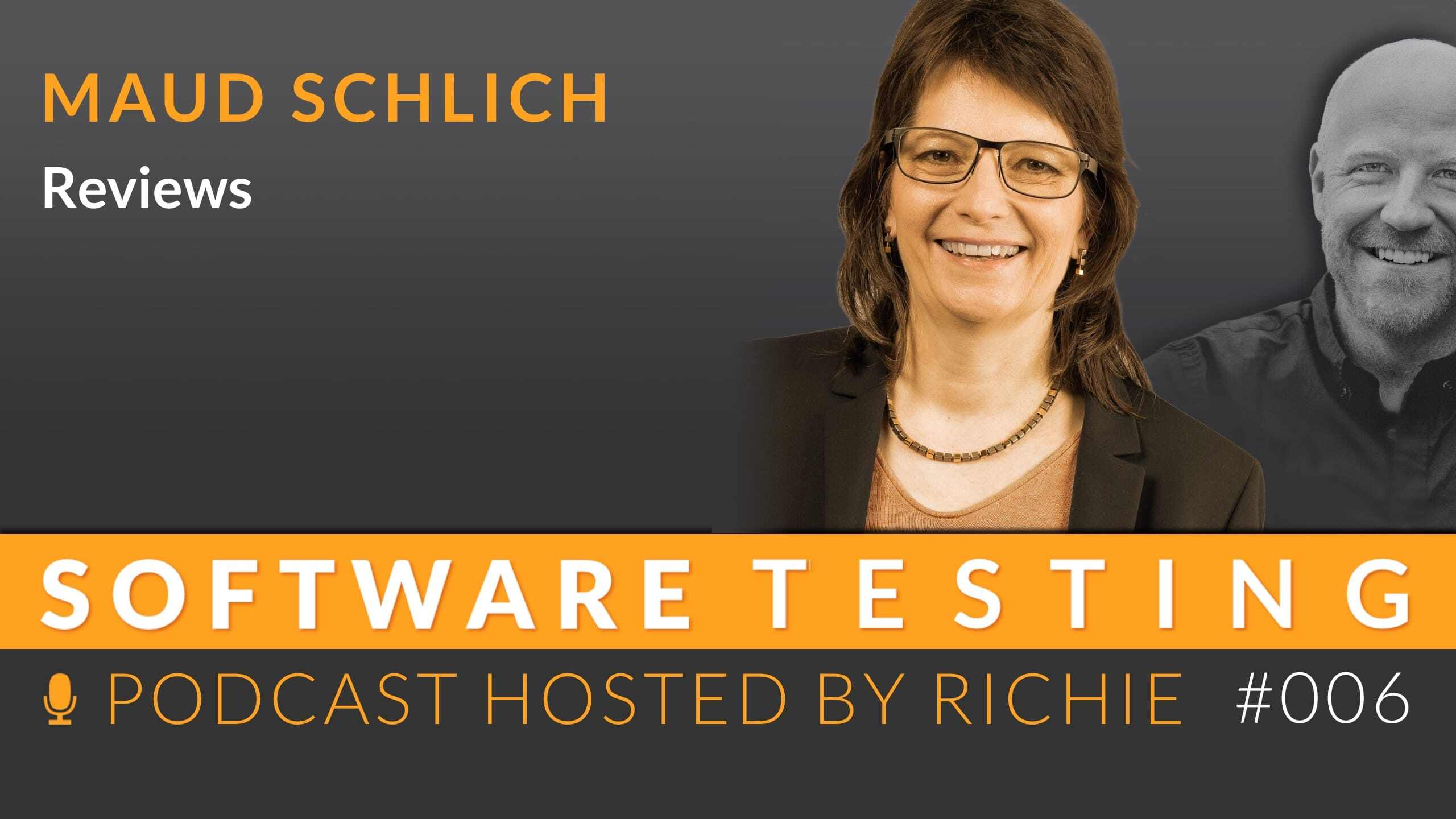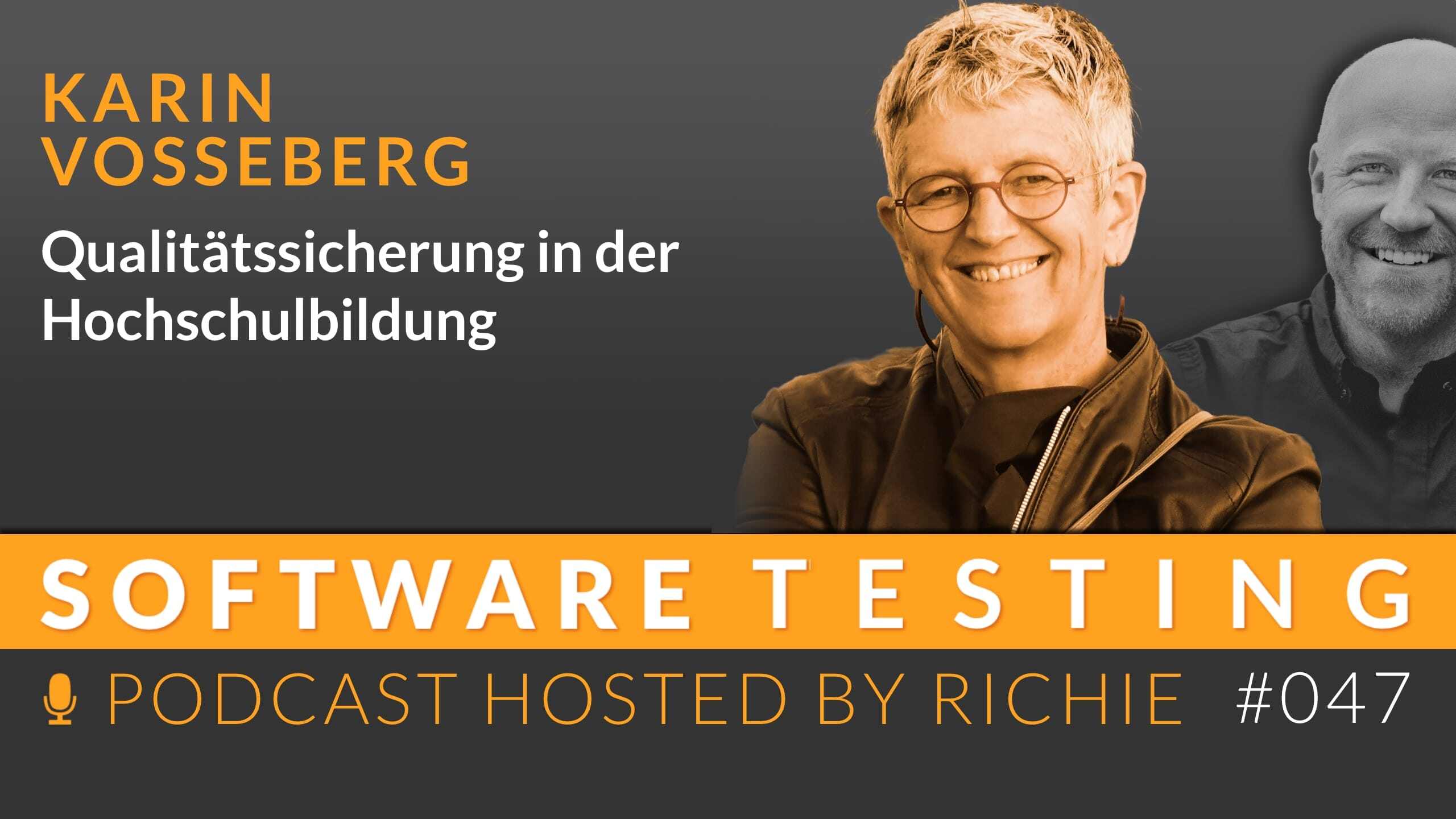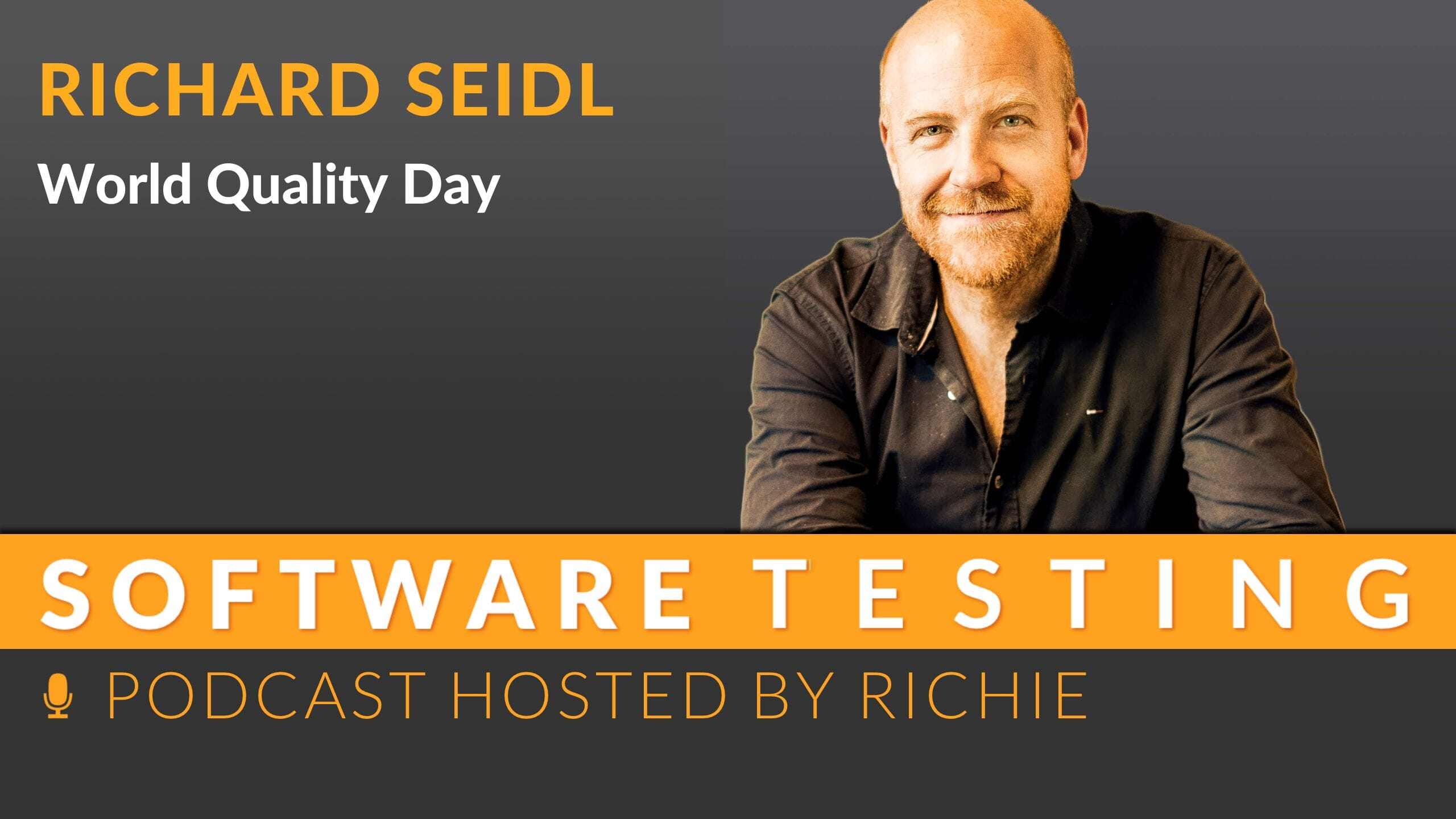The Future of Testing
Many different factors have caused dramatic changes in recent years: Covid was a deeply disruptive experience worldwide, war here in Europe, a single...

Maud Schlich is an expert in reviews. In this interview, we talk about different types of reviews and reading techniques. Among other things, we discuss how we can ensure the quality of documents at a high level, which roles are assigned in a review and how reviews can be appreciated by the author. Using a few practical examples, Maud will show us how reviews can be established in a company and how even strict bosses can be convinced by reviews 😉
“The quality of the document remains the responsibility of the author” - Maud Schlich
She began her career in 1991 as a systems programmer and trainer. In 1996, she switched sides and worked in quality assurance, carrying out tests and reviews.
Maud has been self-employed since the end of 2004. Her focus is on the sustainable coaching of test managers, QA teams and agile development teams. Maud has been a member of the German Testing Board (GTB) since 2007 and is the author of the book Software Testing according to ISTQB® for dummies® and co-author of the book Reviews in System and Software Development.
Highlights of this episode:
In this episode, I talk to Maud Schlich about the topic of reviews in system and software development. We discuss different types of reviews, the benefits and challenges of implementing them, and methods for conducting reviews effectively. Maud shares her many years of experience as a review expert and offers valuable insights into best practices.
Maud’s journey began as a programmer in the 90s before turning to quality assurance. Today she is an esteemed author and coach for teams on their journey to better quality through effective testing and reviews. Her books ‘Reviews in Systems and Software Development’ and ‘ASTQB Software Testing for Dummies’ are essential resources for anyone in the field.
One of the first points of our conversation was to clarify what is meant by a ‘review’. Maud defines a review as the critical reading of a document or object to identify errors - be it a design, a drawing or a model. This definition extends the understanding of reviews beyond the mere reading of documents to a systematic error analysis.
Maud distinguishes between informal reviews, walkthroughs and inspections. Each of these methods has its own advantages, disadvantages and areas of application. Of particular interest is Maud’s approach of perspective-based reading, in which the reviewer takes on the role of various stakeholders in order to identify potential errors from different perspectives.
A key topic of our conversation was the challenges of implementing reviews. Maud emphasizes the importance of sufficient preparation time for reviewers, the absence of management influence during the review process and the need for qualified moderators for successful review sessions.
Finally, we talked about the topic of artificial intelligence (AI) in the context of reviews. Maud expressed skepticism about the ability of current AI technologies to replace human expertise and intuition in the review process. Nevertheless, it remains exciting to see how AI will affect the field of quality assurance in the long term.

Many different factors have caused dramatic changes in recent years: Covid was a deeply disruptive experience worldwide, war here in Europe, a single...

What does the curriculum for software engineering, IT systems integration and computer science at universities of applied sciences look like today?...

World Quality Day provides an opportunity to take a look at the development of software quality and the changes in software testing over the last 20...